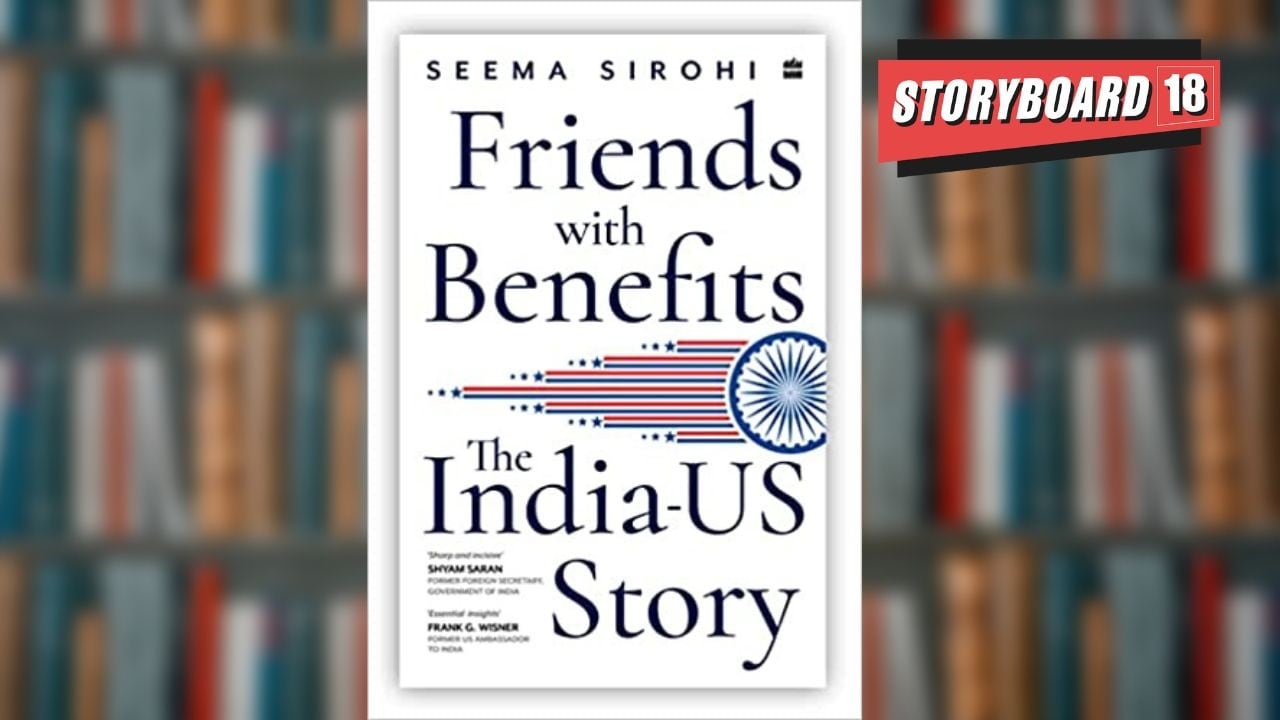Did you know that there is a Gandhi Solar Park atop the UN Headquarters in New York? Welcome to our 60th book review on Bookstrapping. To celebrate this, we have a book chosen by all of you, via a LinkedIn poll. ‘Friends with Benefits’ by Seema Sirohi features both information and analysis. It traces the diplomatic history of India and United States’ over half a century. Written by the pen of journalist, the book unravels facts. At the same time – in true journalistic style – it does not take what is said at face value.
Today, it is difficult to imagine that in 1971, President Richard Nixon wanted ‘China to scare the goddamn Indians to death.’ From this, to the newspaper headline in 1991 that said ‘Top defence firm briefs Pentagon on how to neutralize India,’ the story was sordid and scary. Then how did the bilateral relationships between the countries change to this extent?
Presenting our five Bookstrapping insights –
1. The obvious is stated, but in a context that explains the strained relationship between India and the US. ‘Weapons contractors tended to have a negative impact on relations between countries,’ goes the line. Reminded me of Eisenhower’s military-industrial complex.
2. Readers realise the significance of Prime Minister Manmohan Singh’s visit to the White House on 18th July 2005, a historic visit that expanded the nuclear five to nuclear six, placing India into that cohort. President Bush’s words were significant – “as a responsible state with advanced nuclear technology, India should acquire the same benefits and advantages as such other states.” This was the beginning of the change.
3. The importance of language in diplomacy is highlighted throughout the book . The term ‘US-pivot in Asia’ had to be replaced by the ‘US rebalance of Asia’ to accommodate Chinese objections to the new pro-India stance. And the need to ally more with India kept growing.
4. There’s a funny incident about PM Modi’s September 2014 visit to the US, calling it the ‘strangest dinner’ ever hosted by an American President, because the chief guest Narendra Modi didn’t eat! He was fasting, while all others enjoyed a three course meal with wine. Officials on both sides marvelled at Modi’s ability to stay focused and maintain the visits’ hectic schedule.
5. Another incident talks about how Foreign Minister Sushma Swaraj was kept waiting by John Kerry, because he was giving an interview to Prannoy Roy on NDTV and taking calls about the Gulf crisis. Swaraj responded appropriately by showing no diffidence or defensiveness on US surveillance activities.
Back to the Gandhi Solar Park atop the UN Headquarters with 193 solar panels!
Each one represents each of the 193 UN members. Built at a cost of one million dollars, this solar panel is a tangible concrete step to show India’s seriousness about fighting climate change. Perhaps the best phrase to end this review is ‘Howdy Modi!’
Reeta Ramamurthy Gupta is a columnist and bestselling biographer. She is credited with the internationally acclaimed Red Dot Experiment, a decadal six-nation study on how ‘culture impacts communication.’ On Twitter @OfficialReetaRG.
